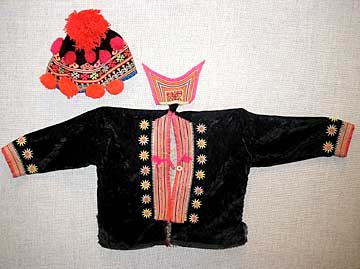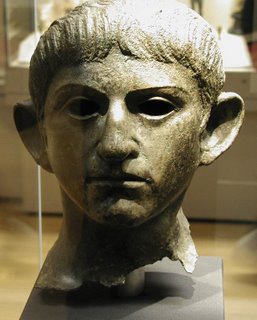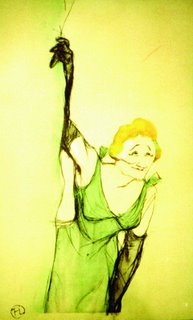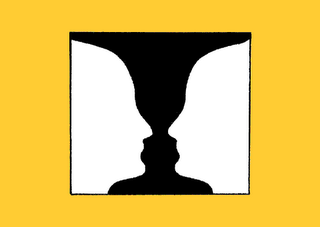
Thursday, April 27, 2006
The Spirit Catches You and You Fall Down, Anne Fadiman

I, Claudius, Robert Graves

Divine Secrets of the Ya-Ya Sisterhood, Rebecca Wells

The Tipping Point, Malcolm Gladwell
Blink, Malcolm Gladwell

The Sociopath Next Door, Martha Stout
Very interesting. Stout defines “conscience” convincingly as attachment to other people, or, basically, the ability to love and be loved. She then offers evidence that 4 per cent of the population are born without the ability to love or be attached, and they are our sociopaths, carrying out agendas that range from the relatively harmless to the unspeakably criminal, all under the impression that everyone is like them. If she is correct, there is no point feeling sorry for serial killers, rapists, child abusers, etc., or trying to rehabilitate or psychoanalyze them -- it’s not that they come from unhappy backgrounds that they are the way they are: they simply think that people with consciences are chumps.

Prodigal Summer, Barbara Kingsolver
Here there are three or four interrelated stories which are all carefully crafted to show how people are like plants (or, in one case, animals) -- they need a good environment, a sex life, maybe a trellis -- and the clever intertwining of these stories is set in a lush and evocative landscape, so it is an aesthetically pleasing read. The symbolism’s a bit too pat, though.

